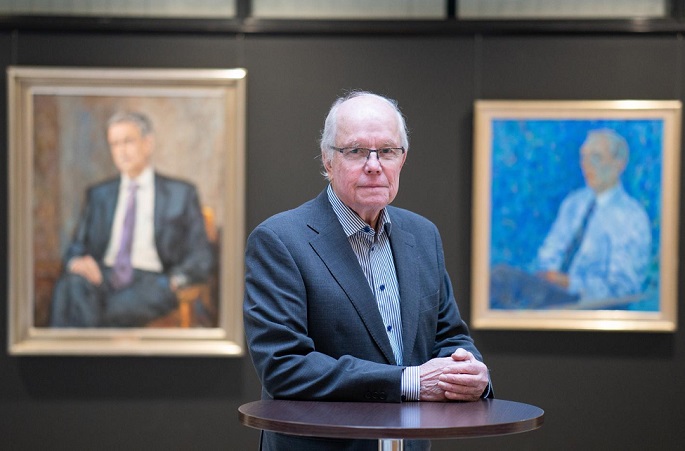Alcohol rises oral, esophageal cancers risk
Published : 16 Jan 2024, 02:16
Alcohol undeniably increases the risk of oral and esophageal cancers and smoking multiplies that risk, said Helsinki-Uusimaa Hospital District (HUS) in a press release on Monday referring to a study.
The International Agency for Research on Cancer (IARC) assessed the impact of alcohol consumption on the risk of seven different cancers. Its report was published in the prestigious New England Journal of Medicine last month.
According to the report, there is strong scientific evidence that reducing or stopping regular alcohol consumption reduces the risk of oral and esophageal cancers.
“A dry January is not enough, but reducing alcohol consumption permanently can significantly reduce the risk of all alcohol-related cancers, and at the same time also alcohol-related problems and other alcohol-related diseases,” said Professor Emeritus Mikko Salaspuro, who contributed to compiling the report.
Salaspuro has been studying the mechanisms of alcohol-related cancers for more than 30 years at the University of Helsinki and at HUS.
Under Salaspuro's guidance, 11 doctoral theses and 62 scientific publications have been completed on the subject. These studies played a key role in the preparation of the report.
Alcohol increases the risk of cancer when bacteria and yeasts in the body convert alcohol in the digestive tract into the cancer-causing acetaldehyde. Acetaldehyde is a DNA-binding compound that can cause carcinogenic mutations and inhibit the repair of chromosomal damage. Alcohol in itself is not carcinogenic.
Mikko Salaspuro's research team used genetic studies to establish a causal link between acetaldehyde and upper gastrointestinal cancers, and to investigate the factors that regulate acetaldehyde levels in saliva and colon contents during alcohol consumption.
Alcohol enters the intestines through the bloodstream. However, the effects of alcohol on the intestines are individual, and the report concludes that evidence for the cancer risk-reducing effect of stopping alcohol consumption is weak.
According to the report, there is no evidence of the role of acetaldehyde in the mechanisms of liver and breast cancer development, but these are affected by alcohol in a roundabout way.
The report also took into account Finnish studies on the interaction between regular smoking and alcohol: oral microbes produce twice as much acetaldehyde from ethanol in smokers as they do in non-smokers.
Tobacco smoke contains acetaldehyde, and Salaspuro's research team has shown that the acetaldehyde in tobacco smoke is partially soluble in saliva. Oral acetaldehyde exposure is seven times higher in alcohol drinkers and smokers than in alcohol drinkers who do not smoke.
The report states that alcohol and tobacco also cause a similar process of acetaldehyde formation in the pharynx and larynx. People who quit drinking alcohol have a 31% lower relative risk of developing laryngeal cancer compared to regular drinkers.
In 2020, an estimated 741,300 people were diagnosed with alcohol-related cancer in the world.


